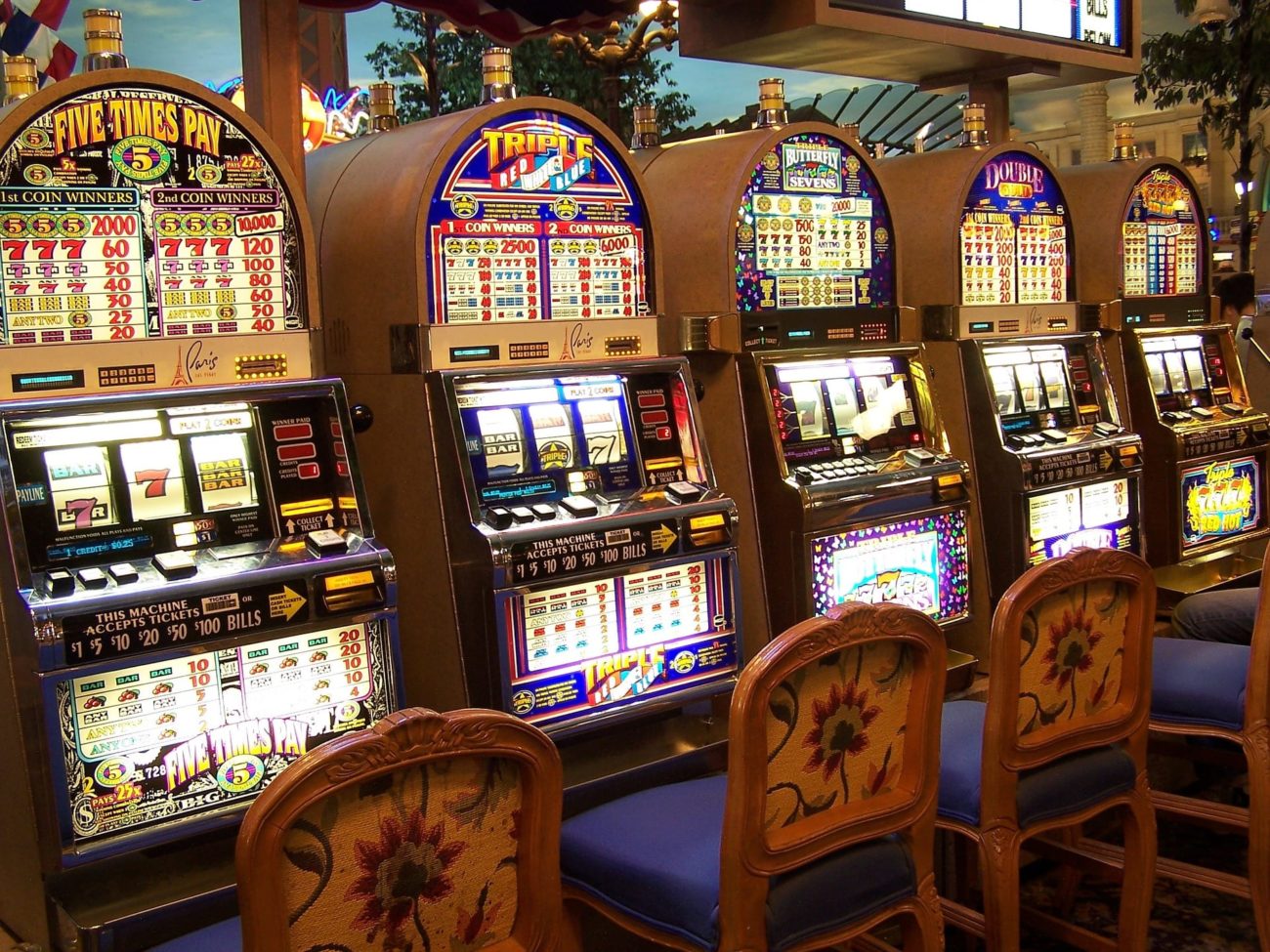
Gambling games have long been associated with the rush of chance and the excitement of luck. Many people arrive at a casino with the expectation that their success is contingent solely on luck. However, a more profound exploration reveals that these games encompass much more than just the element of luck. Understanding the framework, approaches, and human psychology behind casino games can greatly enhance the enjoyment and improve one’s chances of victory.
Aside from the captivating sounds of rotating slots and gameplay, casino games involve a rich tapestry of skill, strategy, and decision-making. Whether you are playing blackjack, poker, or even baccarat, knowing the tactics can significantly influence the conclusion of the game. Moreover, the approach of the players and understanding the odds behind each game can shift the balance of success away from mere fortune. By acknowledging these dimensions, players can appreciate casino games as a mixture of fun and minigame, transforming their approach from one of passivity to one of active participation.
The fascinating Psychological Aspects of Gambling
Understanding the psychology behind gambling demonstrates that player conduct is motivated by far more than mere luck. The thrill of taking risks, immediate reward, and a potential for winning large sums can create a powerful emotional experience. Numerous players find themselves captivated by the thrill, which can lead to a cycle of increased betting and gambling, often fueled by a hopeful optimism that colors their perceptions of winning probabilities.
Another key element in the mindset of casino games is an illusion of control. Numerous players feel that their choices, such as the selection of games or wagering strategies, can significantly affect the outcome. Such a belief can enhance their engagement and enjoyment, but it also adds to persistent gambling behavior, as players often underestimate the role of randomness in these games. The excitement derived from making choices gives players a feeling of involvement, which can be misleading in terms of understanding the true odds involved.
Additionally, the environment of the casino holds a crucial role in influencing a gambler’s experience. Factors like lighting, sounds, and the presence of fellow gamblers create a stimulating atmosphere that enhances the thrill of the game. This carefully designed environment can lead individuals to lose track of time and money spent, as they become enveloped in a sensory experience that heightens their affective investment. Recognizing these psychological dynamics is essential for comprehending why casino games attract players and continue to them returning for more.
Skill vs. Chance in Casino Games
In the field of casino games, the debate between skill and luck is a notable one. Many players think that luck is the primary factor, especially in activities like slot machines where results are random. However, there are activities that clearly illustrate the significance of skill, such as Texas Hold’em and 21, where players can employ strategies and decisions that influence their overall performance. Alo789 Understanding the dynamics and intricacies of each game can greatly affect a player’s performance and success.
The importance of expertise becomes apparent when examining the different tactics accessible to players. In games like Texas Hold’em, for example, players must analyze their rivals, calculate probabilities, and make informed choices based on their hand and the shared cards. This depth of strategy demonstrates how proficient players can consistently surpass novices, proving that winning is not solely based on luck but rather on the use of knowledge and expertise. Similarly, in blackjack, players can use strategies like counting cards to gain an edge over the casino, further illustrating the significance of skill.
On the other hand, luck cannot be completely overlooked in any gambling game. While expertise can enhance a player’s odds of winning, unpredictable outcomes still play a significant role. Even the best tactics can break down due to the random nature of draws or spins. This interplay between expertise and chance creates a dynamic gaming environment where players must adjust and respond to unpredictable events while also leveraging their abilities. Ultimately, effective gambling gaming is a mix of both elements, contributing to the intricacy and excitement of the gameplay.
Tactics for Winning
To triumph in gambling, players must understand the value of developing a plan customized to the specific title they are participating in. Each title has its specific set of rules, chances, and intricacies that require a cautious approach. For example, in titles like blackjack, players can employ techniques such as card counting to make smarter decisions and improve their potential of winning. Grasping the odds and payouts associated with various games can enable players to make better choices and improve their overall gaming experience.
Financial control is an additional vital strategy that cannot be overlooked. Players should define a budget for their gaming sessions and stick to it. This guarantees that they do not overspend and helps establish a degree of oversight over their play behavior. Determining in advance the amount to wager and when to walk away can avoid emotional decisions that frequently cause major setbacks. Effective bankroll management permits players to enjoy casino games without the fear of going broke.
In conclusion, learning from experience and noticing other players can provide insightful perspectives. Many successful players invest time reviewing not only their own gameplay but also that of others. This observation can uncover various tactics and methods, ultimately resulting in better decision-making. Engaging in self-reflection after gaming sessions helps players identify what worked and what didn’t, enabling them to adjust their strategies over time. By merging knowledge, discipline, and observation, players can enhance their probability of winning in gaming.